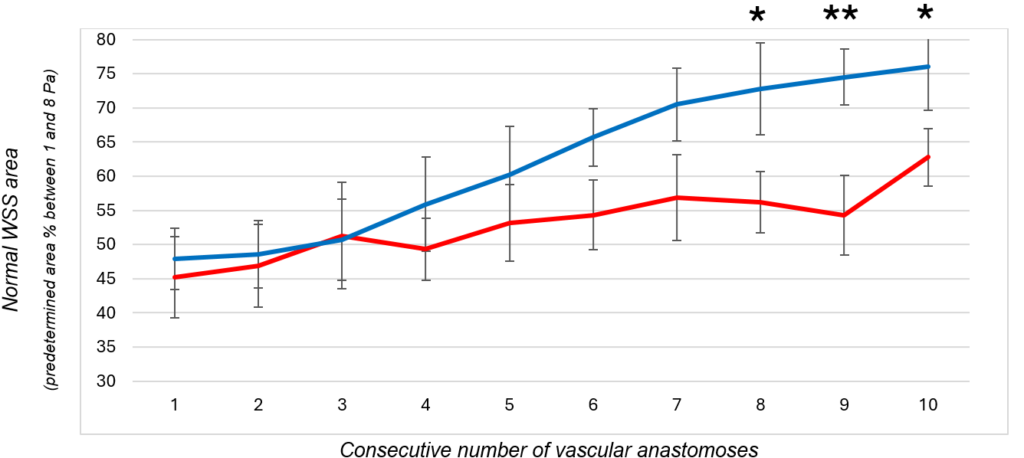Summary: Surgical training is evolving beyond traditional mentorship models. Precision-based education adapts learning to individual needs, enhancing skill acquisition and procedural efficiency. Personalized feedback, AI-driven assessments, and objective performance evaluations provide a structured, self-directed learning experience for surgical trainees. This approach fosters continuous improvement, ultimately benefiting both surgeons and their patients.
The shift towards precision-based learning
Precision education tailors learning methods to individual characteristics. Originating from systematic instructional evaluations and applied behavioral analysis, it provides a quantitative framework for optimizing education. In surgery, such targeted learning approaches remain limited, as traditional mentorship is in decline. Many appointed mentors view their role as a formality rather than an active commitment, leaving only a handful of centers with truly dedicated experts.
Learning from the past
The concept of structured, feedback-driven learning dates back to ancient Greece. Socrates’ argumentative dialogue method demonstrated how guided questioning refines knowledge. Despite these historical roots, modern surgical training lacks consistent and scalable methods to assess and enhance individual performance.
Understanding individual performance
Surgeons, trainees, and students all have unique learning patterns and procedural skills. While patient-centered care is widely studied, little focus is placed on optimizing surgical performance itself. Without standardized evaluation methods, learning curves remain unpredictable. Research shows that objective assessment tools, rather than subjective observations, are crucial for tracking and improving surgical competency.
The role of data in training optimization
Ogden Lindsley, a pioneer in behavioral science, emphasized the importance of data-driven teaching. His work demonstrated that unexpected learning patterns could reveal new insights into educational methods. He championed the idea that learners, through their own performance data, often understand their needs better than instructors do. The principle of “knowledge of results” remains a cornerstone of effective training, highlighting the necessity of structured feedback.
Implementing feedback-driven learning
Objective performance evaluation is key to refining surgical skills. Studies show that precision-based techniques, such as video analysis, peer reviews, and expert assessments, lead to more consistent skill development. Technological advancements now allow real-time tracking of surgical outcomes, providing an unprecedented level of insight.
Technology’s role in surgical training
AI-driven analysis and 3D modeling are transforming surgical education. These tools provide precise, real-time feedback, enabling trainees to track their progress over time. Our latest research confirms that structured, objective feedback significantly improves vascular anastomosis training outcomes when compared to traditional methods.
Building a sustainable training model
As surgical procedures become more complex and mentorship opportunities decline, the need for a structured, feedback-based learning system is greater than ever. Creating a collaborative training community, where insights and performance data are shared, ensures continuous improvement and optimal patient outcomes. A commitment to precision-based education will define the future of surgical training.
(Stay tuned for more on clinical problem-oriented training, navigating challenging surgical situations, and the evolution of Education 4.0 and 5.0.)

General parameters of anastomosis function are presented, comparing two groups of residents and medical students training in vascular anastomosis techniques. One group follows a conventional method (red line), while the other receives additional feedback and 3D structural observations. The x-axis represents sequential anastomoses (1st, 3rd, 5th, and 7th). Statistical significance: *p<0.05; **p<0.01.
Take your surgical skills to the next level with AI-driven, evaluation-based practice
References
- New computational fluid dynamics-based method for morphological and functional assessment in cardiovascular skill training. J Vasc Surg Cases Innov Tech 2022;8(4):770-778. doi: 10.1016/j.jvscit.2022.09.012.
- Precision teaching: does training by educational psychologist have an impact? Educ. Psychol. Pract. 32, 13–23. doi: 10.1080/02667363.2015.1094651
- Basic Surgical Skill Training before a Vascular Course Improves the Quality of Vascular Anastomoses: A Randomized Controlled Trial. Ann Vasc Surg 2025;110(Pt A):217-225. doi: 10.1016/j.avsg.2024.07.124.
- http://psych.athabascau.ca/html/387/OpenModules/Lindsley/
- Precision education: What it is and how it’s advancing med ed. https://www.ama-assn.org/education/changemeded-initiative/precision-education-what-it-and-how-its-advancing-med-ed
- Best Practices in Implementing Proficiency-Based Learning: An Information Brief. https://compcenternetwork.org/sites/default/files/archive/Best-Practices-in-Proficiency-Based-Learning.pdf